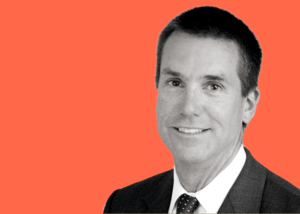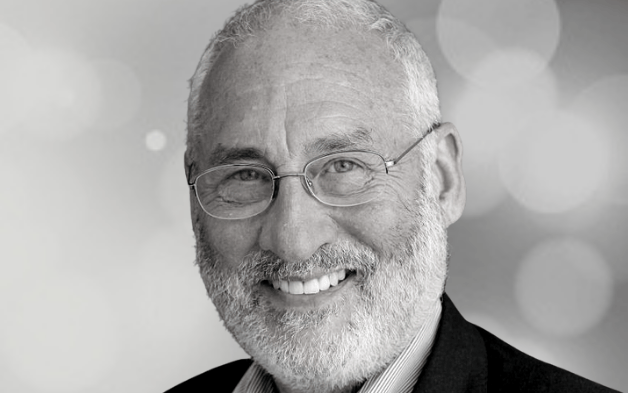This session examined the growing debt burden, borrowing from the future, and the impact on markets, the economy and asset class returns.
Rich Randall is responsible for the creation and management of IFM Investors’ debt investments strategies and portfolios, and for the debt investments team globally. He also heads IFM Investors’ North American debt investment business. Based in New York, he has more than 20 years of experience in originating, analysing, structuring and arranging debt facilities for large infrastructure projects. His experience includes fixed and floating rate debt instruments across a broad credit and industry spectrum, and he has a specialty in the US energy sector, which is the primary source of infrastructure debt issuance in North America. Randall joined IFM Investors after 10 years with RBS, where he was head of project finance in North America. He also managed and was responsible for the bank’s $3 billion portfolio of infrastructure investments. Prior to RBS, he spent nine years with Credit Agricole (Credit Lyonnais) as a senior banker structuring, analysing and underwriting project finance debt.
Tate has been an investment industry media publisher and conference producer since 1996. In his media career, Tate has launched and overseen dozens of print and electronic publications. He is the chief executive and major shareholder of Conexus Financial, which was formed in 2005, and is headquartered in Sydney, Australia. The company stages more than 20 conferences and events each year – in London, New York, San Francisco, Los Angeles, Amsterdam, Beijing, Sydney and Melbourne – and publishes five media brands, including the global website and strategy newsletter for global institutional investors conexust1f.flywheelstaging.com. One of the company’s signature events is the bi-annual Fiduciary Investors Symposium. Conexus Financial’s events aim to place the responsibilities of investors in wider societal, and political contexts, as well as promote the long-term stability of markets and sustainable retirement incomes. Tate served for seven years on the board of Australia’s most high profile homeless charity, The Wayside Chapel; and he has underwritten the welfare of 60,000 people in 28 villages throughout Uganda via The Hunger Project.
Key takeaways
- The unprecedented level of government debt signals sub-par economic growth ahead.
- Debt involves borrowing from the future, and all studies show that countries that have high levels of debt have lower rates of GDP growth.
- Government bonds are no longer a defensive asset: the downside risk of holding government bonds has increased and the negative correlation with equity reversed.
- Investors have found opportunities in corporate debt in the wake of bank disintermediation since the GFC. Banks have ceded much of their lending in developed markets to the capital markets. However, private assets hold illiquidity risk as opposed to tradeable government bonds.
- Companies that were hanging on before the pandemic and that got rescued will now face a reckoning. Service-type companies are over-leveraged, and airlines are also highly leveraged. Fallen angel opportunities exist as investment grade companies fall into the sub-investment grade market.
- Debt capital provided by non-banks in US and Europe is developed, but in Asia only around 10 per cent of debt capital is provided by non-bank institutions.
- Private corporate debt opportunities in emerging markets are limited because of the accompanying volatility. There is also a supply and demand imbalance given banks’ role in providing capital.






